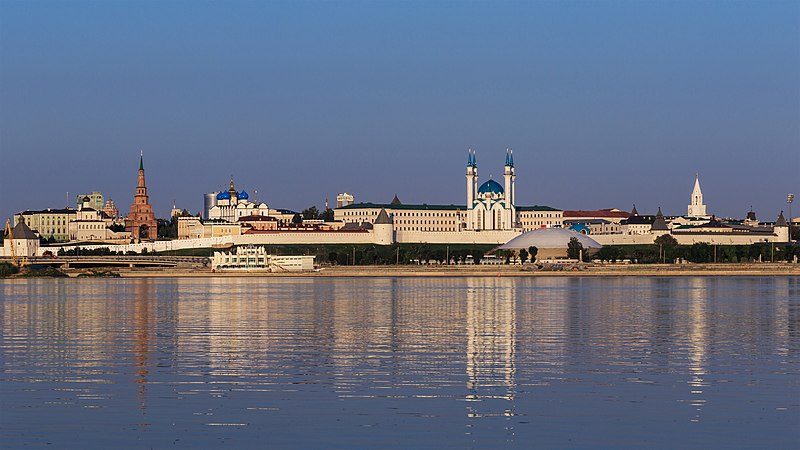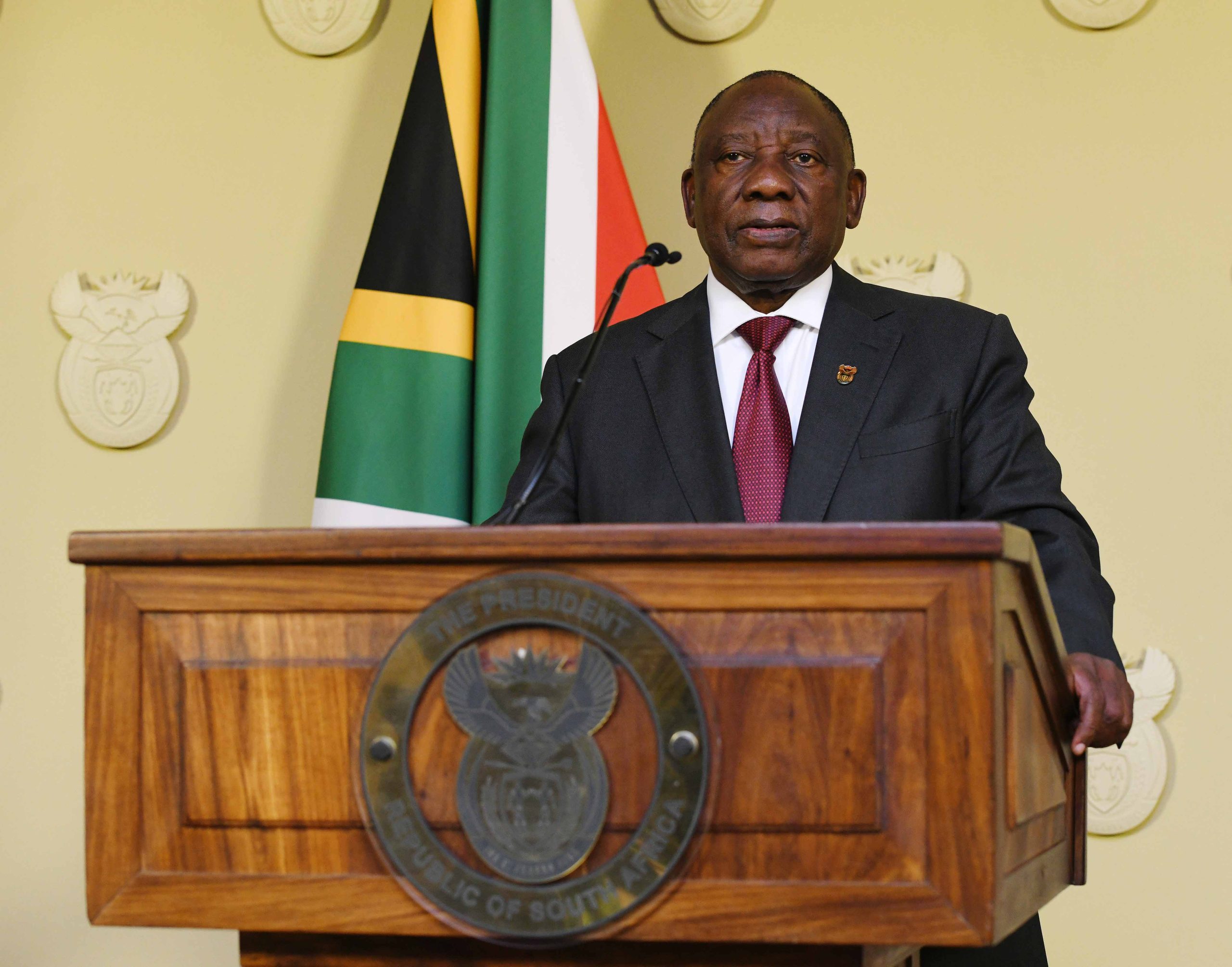President Cyril Ramaphosa’s rise to power sparked hope for reform. However, his presidency was criticized for indecision and failure to address governance issues. The growing conflation of the ruling party and the state has led over time to a systemic weakening of institutional checks and balances. Scarce resources are thus being wasted, and many state institutions have been stripped of their capacity to execute their mandates.
The spiraling decline of state-owned enterprises has become a particular source of concern, as their failure serves as a major drag on the economy’s capacity to grow. South Africa’s economic performance continues to disappoint. Although it achieved a GDP growth rate of 4.9% in 2021, this merely represented a correction of the 6.3% negative growth achieved in 2020. Poverty and inequality levels in South Africa are high, deeply racialized and intergenerationally transferred. This is largely reinforced by an official unemployment figure exceeding one-third of the labor force.
Corruption and mismanagement have become widespread, and the pursuit of factional interests now takes precedence over the welfare of the South African nation. As state institutions have been depleted and continue to serve as a battleground for party conflicts, the state is largely unable to effectively carry out policy.

